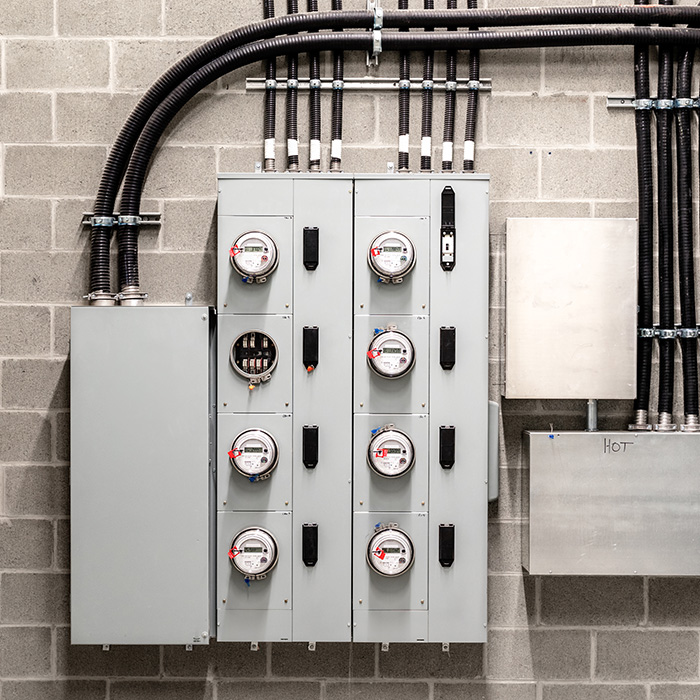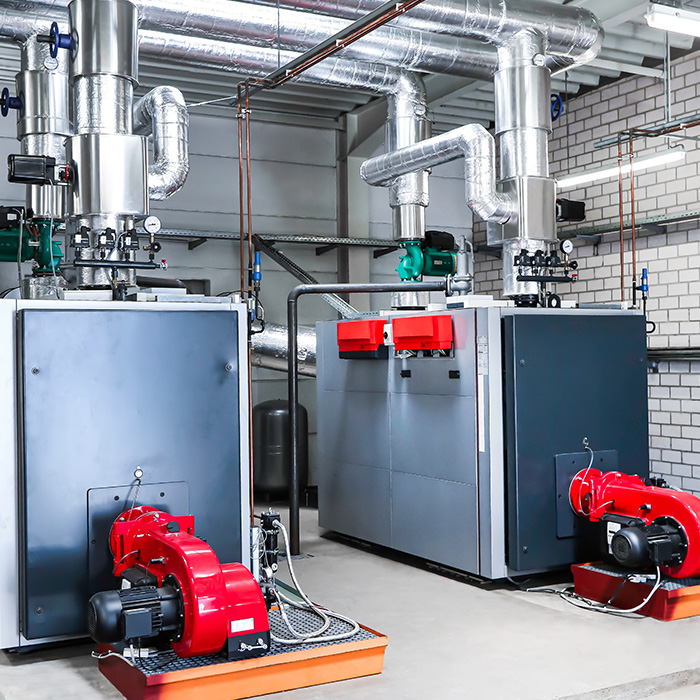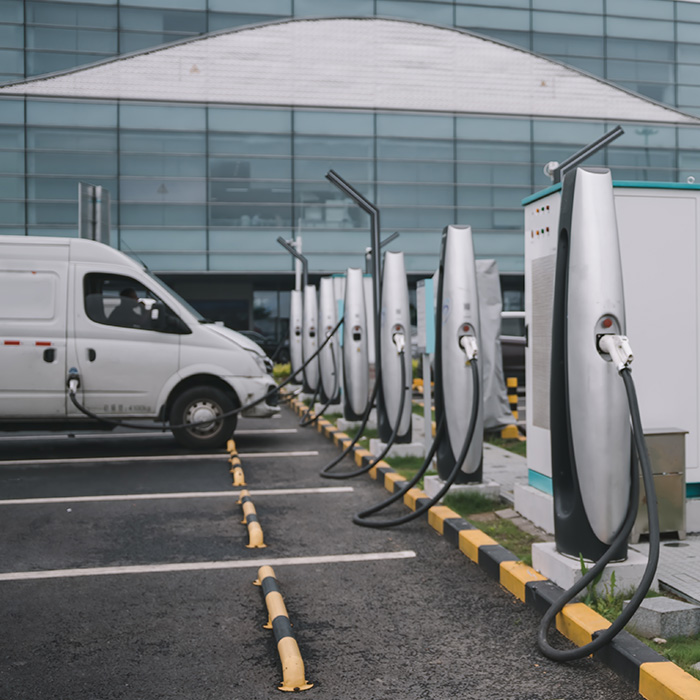What Is Fixed Energy Procurement?
Fixed procurement contracts allow you to lock in a set energy price (per kWh) for a defined term; often 12, 24 or 36 months. This means your unit cost remains unchanged, regardless of what happens in the wholesale market.
Why businesses choose fixed:
- Fixed pricing enables easy cost forecasting
- Budget holders gain certainty for financial planning
- Reduces administrative effort across billing and validation
Best suited for: Low Energy Users or multi-let buildings
Smaller businesses and managed portfolios often benefit from fixed contracts because:
- They offer budget certainty — perfect for organisations with limited financial flexibility, especially where service charge budgets need to be set 12 months ahead.
- The administration is simple, avoiding the need for energy market expertise as the rate remains the same throughout the contract.
- Organisations with low tolerance for market volatility
Risks of fixed energy contracts:
- You won’t benefit from any dips in wholesale prices
- Flexibility is limited if usage drops unexpectedly
- You may be subject to volume tolerance penalties for over- or under-usage
- Less transparency in how costs are broken down.
Inteb ensures you understand all commercial terms; including consumption thresholds, pass-through costs and termination clauses; before locking into a fixed agreement.






